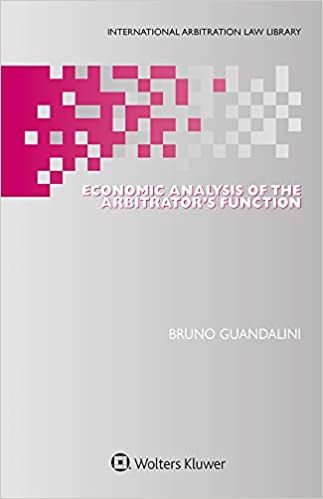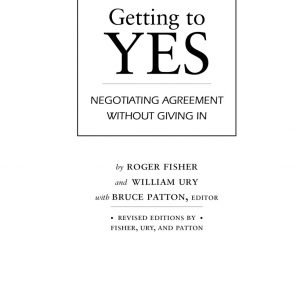Economic Analysis of the Arbitrator’s Function
Bruno Guandalini
Arbitration has become an important market, where arbitrators are rational economic agents maximizing their utility. Although this is self-evident, it is rarely discussed. This penetrating book is the first to comprehensively analyze the market for arbitrators and arbitrators’ economic role within it.
In great depth, the author tackles such salient issues as the following:
- effect of perceived inefficiencies and high costs on arbitration legitimacy;
- alleged commercialization of the arbitrator’s function;
- possible ethical problem raised by financial remuneration for rendering justice;
- what motivates a person to arbitrate;
- market for arbitrators’ functioning and failures, providing a better understanding of how actors could behave in such a specific market;
- structural and artificial entry barriers;
- effect of an arbitrator’s strategic behavior on the arbitrator’s function;
- limitations on an arbitrator’s rationality; and
- preventing and correcting these limitations.
Numerous references to customs and procedures in major arbitral jurisdictions and to international laws and conventions affecting the efficiency of the arbitrator’s function are included. Pursuing a non-prescriptive analysis, the author draws on the discipline of law and economics, rational choice theory, behavioral economics, and psychological work on bounded rationality.
Understanding the arbitrator’s function as a legal institution that is influenced by the market, this pioneer in developing and systematizing the study of the market for arbitrators and how it works will prove of inestimable value to all stakeholders in the arbitration market. Arbitrators, policymakers, regulators, and academics will be enabled to open the way to a more efficient market for arbitrators and betterment in arbitration worldwide.











